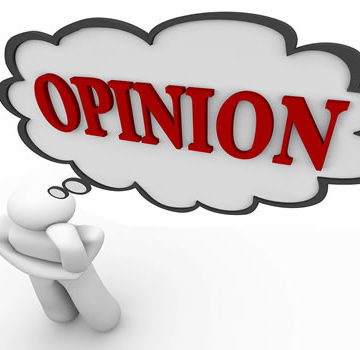Nigerians must seriously imbibe the spirit of optimism. Nigeria’s distinctiveness in the past was rooted in the character, courage, dare, and dogmatism of its people. Before now, Nigeria had symbolised uniqueness, peculiarity, and ground culturalism. Improvement, they say, is different from change. Contemporary Nigeria prioritises change over improvement, and this is hurting her dignity.
I am not going to be sentimental. When I write, I synthesise the elements of optimisation and objectivism. This land of my birth seizes the front row in the league of blocks guilty of cultural appropriation. We are not shooting or expediting our innate values. We have lost it. This is not the first assessment of Nigerians’ belittlement of their spirit and voice. In the corridor of their self-belittlement, there is another complex of self-abasement while at the frontier of the former is self-reprehension and self-hate.
Nigerians are dispossessed. They are homeless. Our homes are a mere shade with a tattered demeanour, with an incomplete Afro-configuration. The key binding that stimulates the come out of culture scape in this unit are identity, moment, and consumption. It is high time we lived with the mastery of our heritage rather than modifying it, therefore facilitating combat and giving competitive exclusion a chance.
In our homes, we must spotlight values, cultural identity, and conventional ideologies. Our latest subscription to the fallacy that the black race and what it had to offer before now is outdated. The beauty of Nigeria used to be in its people, the passion and dedicatory drive devoid of cynicism.
Our society must be fond of a shared interest, practically easing the delineation of being socio-fugal. We must let loose of our magnetic temperament and sever the gaps between us and that feeling of disdain we have for our norms, most especially our feasts or festivals.
The Halloween festival is celebrated on the eve of All Hallows’ Day every October 31st in European countries. The height of the black man’s interest in this festival shows his penchant for the conical, not the copulate; for the foreign, not the local. It is indisputable that many Nigerians fly to Europe to be part of the festive processions, parties, and pops. How many times has a Nigerian bestowed a gesture with the Igue festival or the Gaani festival?
This is the time for us to get it right, once and for all. Our festivals can be a panacea for our economic woes and a great tool for socio-economic development. We must make them inviting, give them real meaning and incorporate them into our society where they will not only matter to us but also almost to every global citizen. Economic growth or improvement is heavily contingent on how we measure or allot for it. Public and private organisations’ turnover, including the media, would wax strength through private benefits vis-a-vis public derivation from hosting foreign guests and spectators.
Those who administratively control the state can further contribute to the realisation of this opinion should they alter their perception of culture. I think the Ministry of Culture and Tourism has not fulfilled its cause of existence. It has no substantive initiative or subroutine to foster the attractiveness of our local values at the international frontier simply because they think that a derivative vantage does not exist. Their security personnel scampering around during festivities is not enough. Giving priority to engagement and participation is more lucid and directed. Our government, most especially state governments, has the biggest role in making this work should they consolidate on it by declaring public holidays on main festive and cultural days, and also adopt the same for state art exhibitions.
To drive this home, I also suggest that arts and culture must be unequivocally given a perfect score in government budgets. If this is done, our festivals would no longer be obsolete or viewed as undeveloped. They would not lack a special place in the global cultural space where we can relish our values.
Ultimately, culture is also a crucial tool for surging the economy. It is not ordinary, it is lucrative. It is more than just a heritage, it is wealth. Those who treat it with fervour would be rewarded with foredeal.
Chris Gonoh writes from Okpella, Edo State.
READ ALSO FROM NIGERIAN TRIBUNE
WATCH TOP VIDEOS FROM NIGERIAN TRIBUNE TV
- Let’s Talk About SELF-AWARENESS
- Is Your Confidence Mistaken for Pride? Let’s talk about it
- Is Etiquette About Perfection…Or Just Not Being Rude?
- Top Psychologist Reveal 3 Signs You’re Struggling With Imposter Syndrome
- Do You Pick Up Work-Related Calls at Midnight or Never? Let’s Talk About Boundaries







